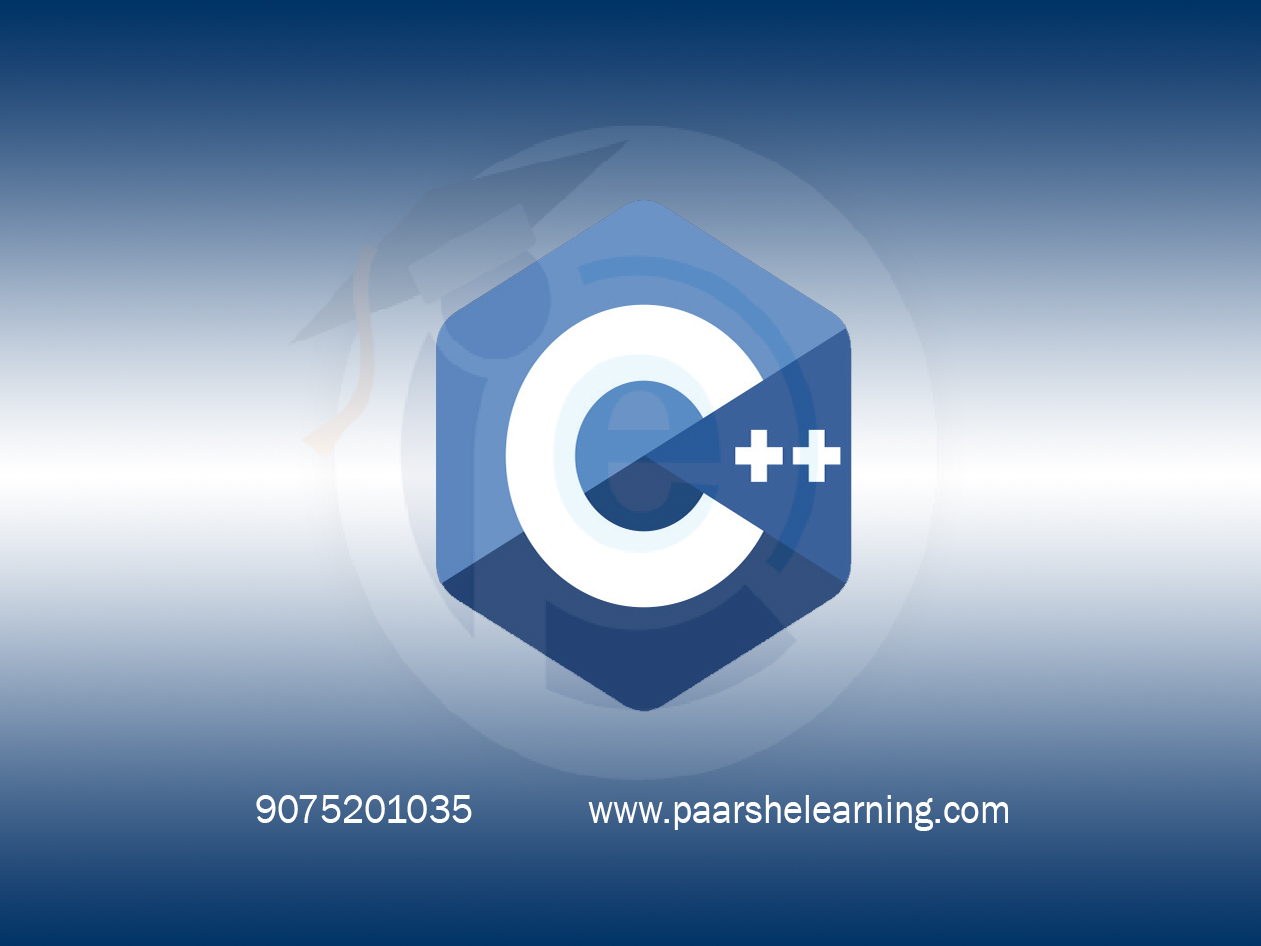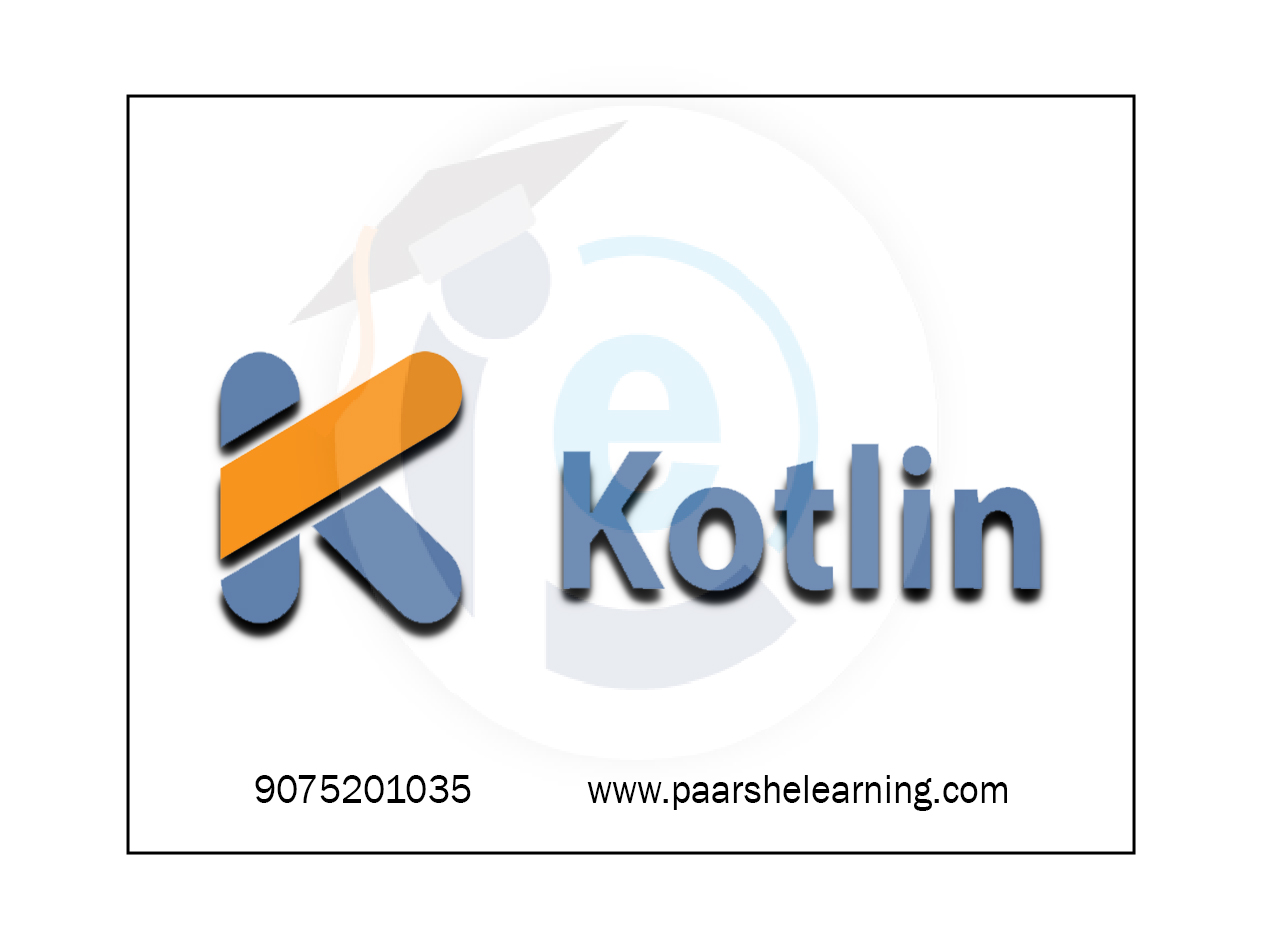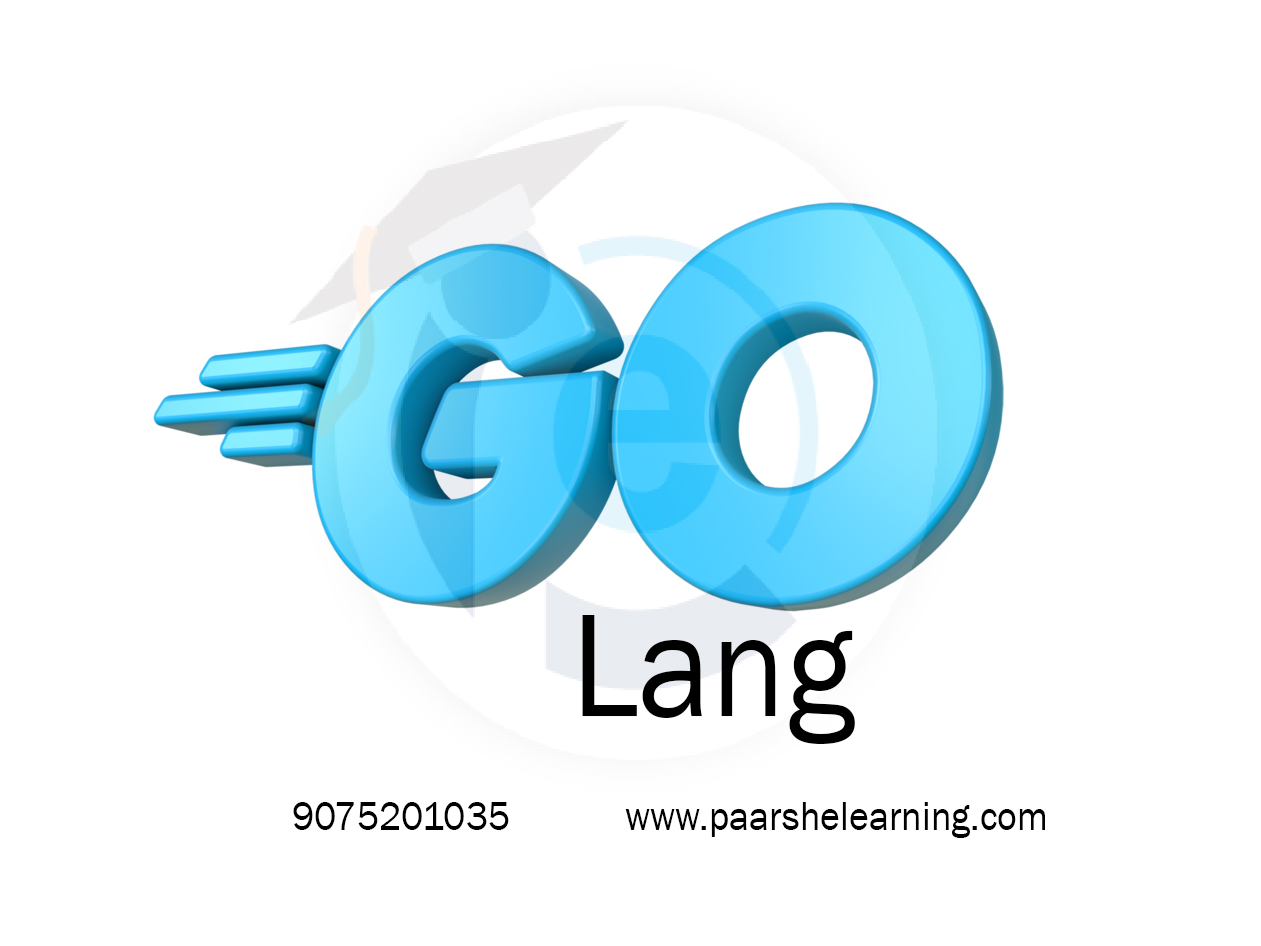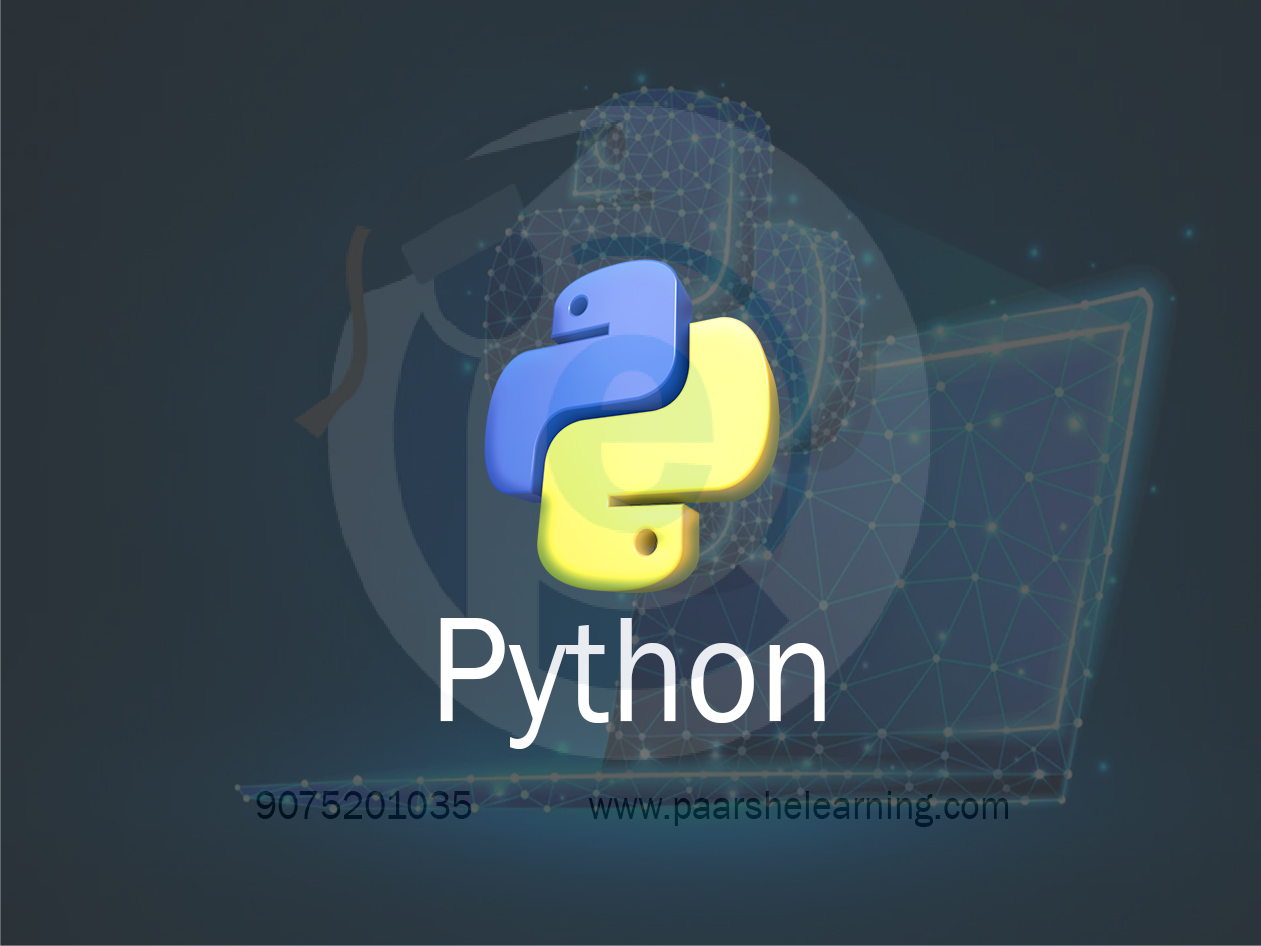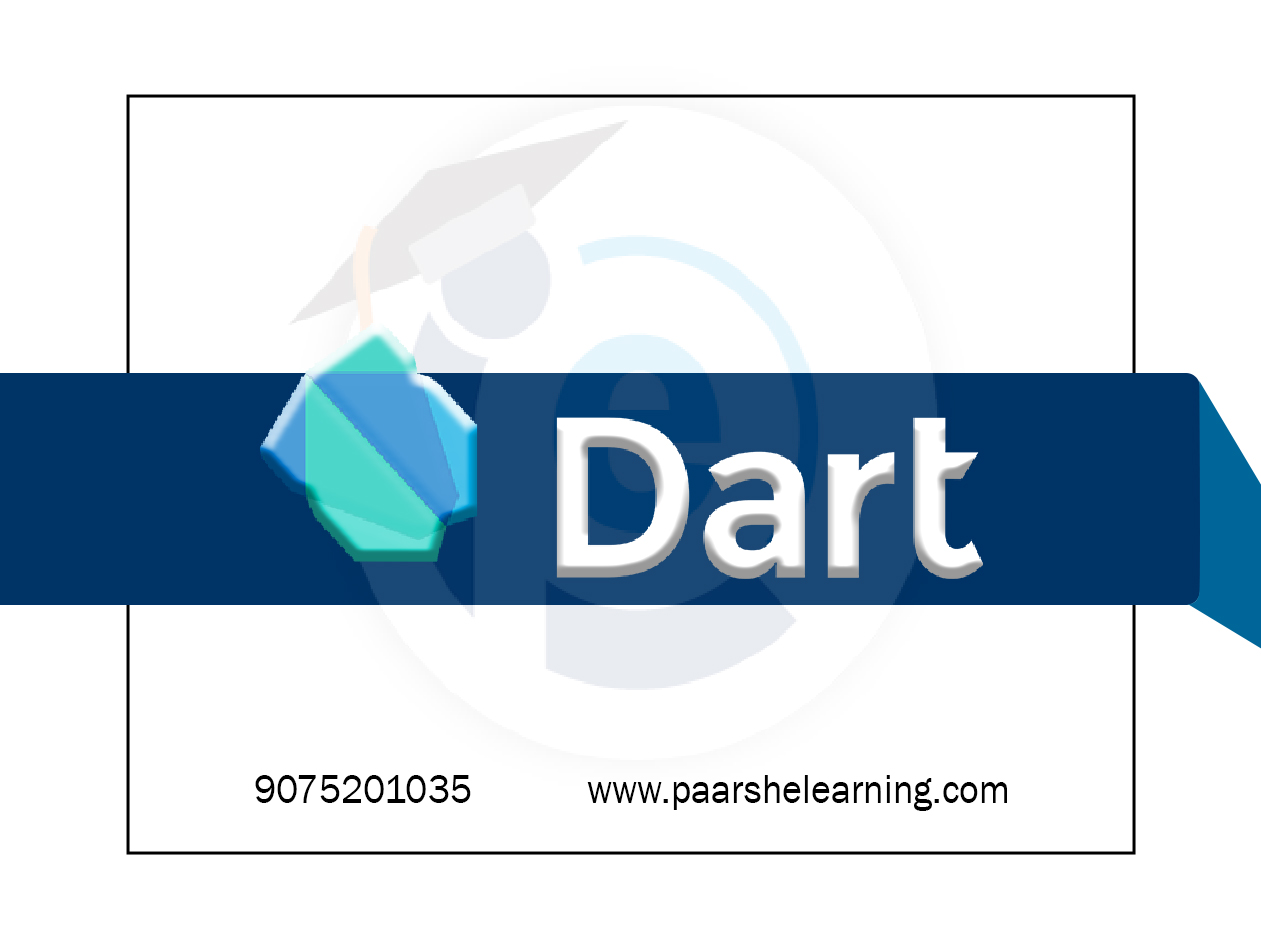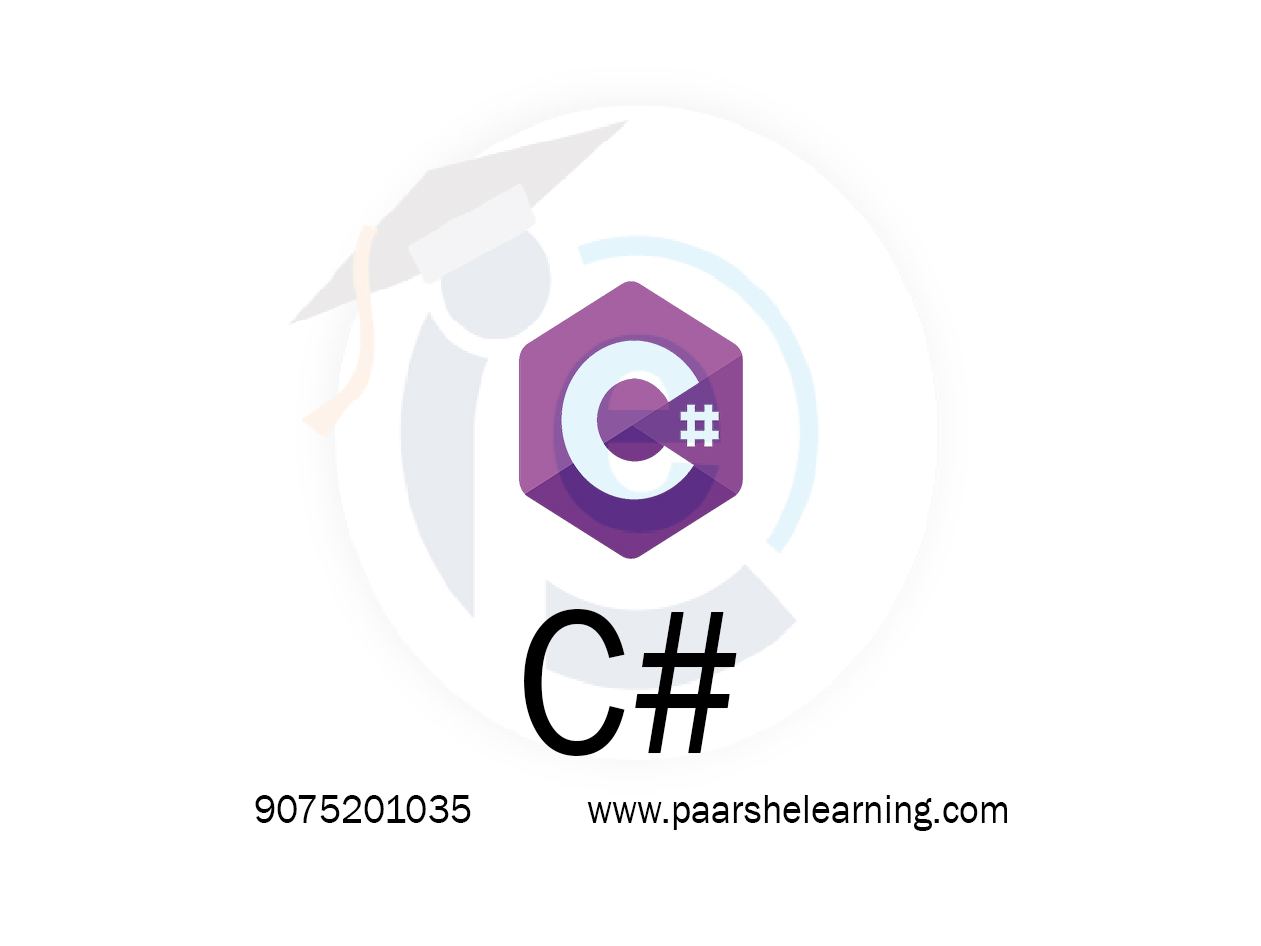- A course on C++ programming language can cover a wide range of topics and concepts, depending on the level and focus of the course. Some of the topics that may be covered in a typical C++ course include:
- Basic syntax and data types: A C++ course usually starts with an introduction to the basic syntax of the language and the different data types that can be used.
- Control structures: Control structures, such as loops and conditional statements, are important for controlling the flow of a program, and a course on C++ will usually cover these in detail.
- Functions: Functions are an important programming concept in C++, and a course will usually cover how to create, call, and use functions.
- Arrays and pointers: Arrays and pointers are important data structures in C++, and a course will usually cover how to create and use them.
- Object-oriented programming: C++ is an object-oriented programming language, and a course on C++ will usually cover the concepts of classes, objects, and inheritance.
- Templates: Templates are a powerful feature of C++, and a course may cover how to create and use templates.
- Standard library: The standard library is a collection of pre-written functions that can be used in C++ programs. A course may cover how to use some of the functions in the standard library.
- Input/output: Input and output operations are important for interacting with users and reading and writing data. A course on C++ will usually cover how to perform input and output operations.
- Overall, a course on C++ programming language will provide students with a strong foundation in programming concepts and techniques, as well as practical skills that can be applied to a wide range of programming domains.
C++
Course description
C++ is a popular and versatile programming language widely used in various domains, including system programming, game development, embedded systems, and more. If you're interested in learning C++, here are some prerequisites that can be beneficial:
-
Basic Programming Concepts: Familiarize yourself with fundamental programming concepts such as variables, data types, operators, control structures (loops and conditionals), functions, and basic input/output operations. Understanding these concepts will provide a solid foundation for learning C++.
-
Object-Oriented Programming (OOP): C++ is an object-oriented language, so having knowledge of OOP concepts is crucial. Understand the principles of encapsulation, inheritance, polymorphism, and abstraction. Practice implementing classes, objects, inheritance hierarchies, and interfaces.
-
Basic Knowledge of C: C++ is an extension of the C programming language, so having a basic understanding of C is beneficial. Familiarize yourself with C syntax, data types, control structures, and functions. This knowledge will help you leverage existing C libraries and code in C++.
-
Computer Science Fundamentals: Gain a basic understanding of computer science fundamentals such as algorithms, data structures, and computer architecture. Familiarize yourself with concepts like arrays, pointers, memory management, and how programs interact with the hardware.
-
Mathematics: Basic knowledge of mathematics, including arithmetic operations, algebra, and logic, is beneficial for understanding and implementing algorithms in C++. Depending on the specific application you're interested in (e.g., game development or scientific computing), knowledge of specialized mathematics concepts like linear algebra or calculus may be helpful.
-
Text Editor and IDE: Familiarize yourself with a text editor or Integrated Development Environment (IDE) to write and edit C++ code. IDEs like Visual Studio, Code::Blocks, or Xcode provide features like code completion, debugging, and project management that can enhance your development experience.
-
Compiler and Build Systems: Install a C++ compiler such as GCC (GNU Compiler Collection) or Clang to compile and run your C++ code. Understanding how to use build systems like CMake or Makefiles to manage and automate the build process is also valuable.
-
C++ Language Features: Learn about C++ language features such as templates, exception handling, standard library containers, and algorithms. These features differentiate C++ from C and provide powerful tools for writing efficient and expressive code.
-
Resources and Learning Materials: Utilize reliable learning resources such as books, online tutorials, video courses, or interactive coding platforms dedicated to teaching C++. These resources can provide structured learning materials, examples, and exercises to help you grasp the language concepts.
-
Practice and Projects: Apply your knowledge by practicing coding exercises and working on small projects. Building practical projects will help solidify your understanding of C++ and improve your problem-solving skills.
What you will learn from this course?
This course includes!
- Daily Live session
- A recorded session with problem-solving material
- Access on Mobile and TV
- Certificate of completion
- Recommendation Letter
- Free lifetime access
- Resume building sessions
- Job Assistance
This course is for
- Students: C++ is often taught in computer science, engineering, and related programs at the undergraduate or graduate level. A C++ course can be helpful for students who are pursuing degrees or certifications in these fields and want to gain proficiency in C++ programming.
- Programmers: C++ is a powerful and widely used programming language, and a course on C++ can help programmers improve their skills and expand their knowledge. Professionals: Many professionals in the technology industry, such as software developers and engineers, use C++ on a daily basis. A course on C++ can help these professionals stay up to date with the latest developments in the language.
- Hobbyists: C++ is a popular language for hobbyists who enjoy programming as a hobby. A course on C++ can help these hobbyists improve their skills and develop more complex projects.
- Anyone interested in programming: Learning C++ can be beneficial for anyone interested in programming, even if they don't plan to use it in a professional setting. C++ provides a strong foundation in programming concepts and techniques that can be applied to many other programming languages and domains.
- Anyone interested in C++: If you are simply interested in learning a new programming language and want to explore the features and capabilities of C++, a C++ course can be a great way to get started.
Prerequisites for this course
- The prerequisites for a course on C++ programming language can vary depending on the level and focus of the course, but generally, some basic understanding of programming concepts and computer science fundamentals is required. Some of the common prerequisites for a C++ course include:
- Basic programming concepts: Some prior experience with programming concepts, such as variables, loops, and conditional statements, is helpful to have before starting a C++ course.
- Basic programming concepts: Familiarity with fundamental programming concepts, such as variables, data types, operators, control structures (e.g., loops, conditional statements), and functions in another programming language, can be beneficial as C++ builds upon these concepts.
- Basic understanding of C programming language: Since C++ is an extension of the C programming language, having some knowledge of C can be helpful, although not always required. C++ inherits many syntax and concepts from C, and understanding C can ease the learning process of C++.
- Basic computer literacy: Familiarity with general computer operations, file management, and navigating the command line or a code editor is often assumed in a C++ course.
- Mathematics: Basic understanding of mathematical concepts, such as arithmetic operations, logic, and algebra, can be helpful in understanding certain aspects of C++ programming, especially when dealing with mathematical calculations or algorithms.
- Problem-solving skills: C++ programming often involves problem-solving and critical thinking skills, so having a general aptitude for problem-solving can be beneficial.
C++ Language Syllabus
-
Introduction To C++ Programming
Understanding the history and features of C++ Setting up the development environment Basics of C++ syntax and structure Writing and running your first C++ program
-
Variables, Data Types, And Operators
Introduction to data types: int, float, char, etc. Working with variables and constants Using arithmetic, relational, and logical operators Typecasting and understanding operator precedence
-
Control Flow And Decision Making
Implementing if, else if, and else statements Working with switch-case statements Using conditional (ternary) operator Writing loops: for, while, do-while
-
Arrays And Strings
Introduction to arrays and their usage Multidimensional arrays and matrices Working with strings and string functions Manipulating strings: concatenation, copying, etc.
-
Functions And Modular Programming
Defining and calling functions Function prototypes and parameter passing Understanding the scope and lifetime of variables Creating and using header files
-
Pointers And Memory Management
Introduction to pointers and their importance Pointer arithmetic and manipulation Dynamic memory allocation: new, delete Smart pointers and memory management practices
-
Object-oriented Programming (oop)
Introduction to OOP concepts: Classes and objects Defining and implementing classes and methods Constructors and destructors Inheritance, polymorphism, and encapsulation
-
Advanced Topics And Applications
Operator overloading and friend functions Templates and generic programming Standard Template Library (STL) containers and algorithms Exception handling and error management
-
Paarsh E-Learning encourages hands-on practice and assignments throughout the course to reinforce students' understanding of C++ programming concepts. Assign projects that gradually increase in complexity to challenge their skills. Cover both theoretical concepts and practical coding exercises to provide a well-rounded learning experience.
